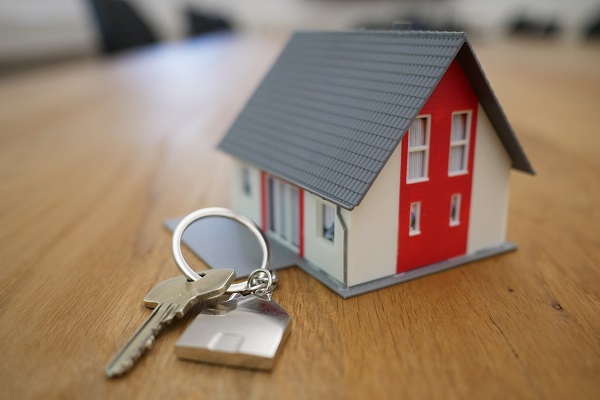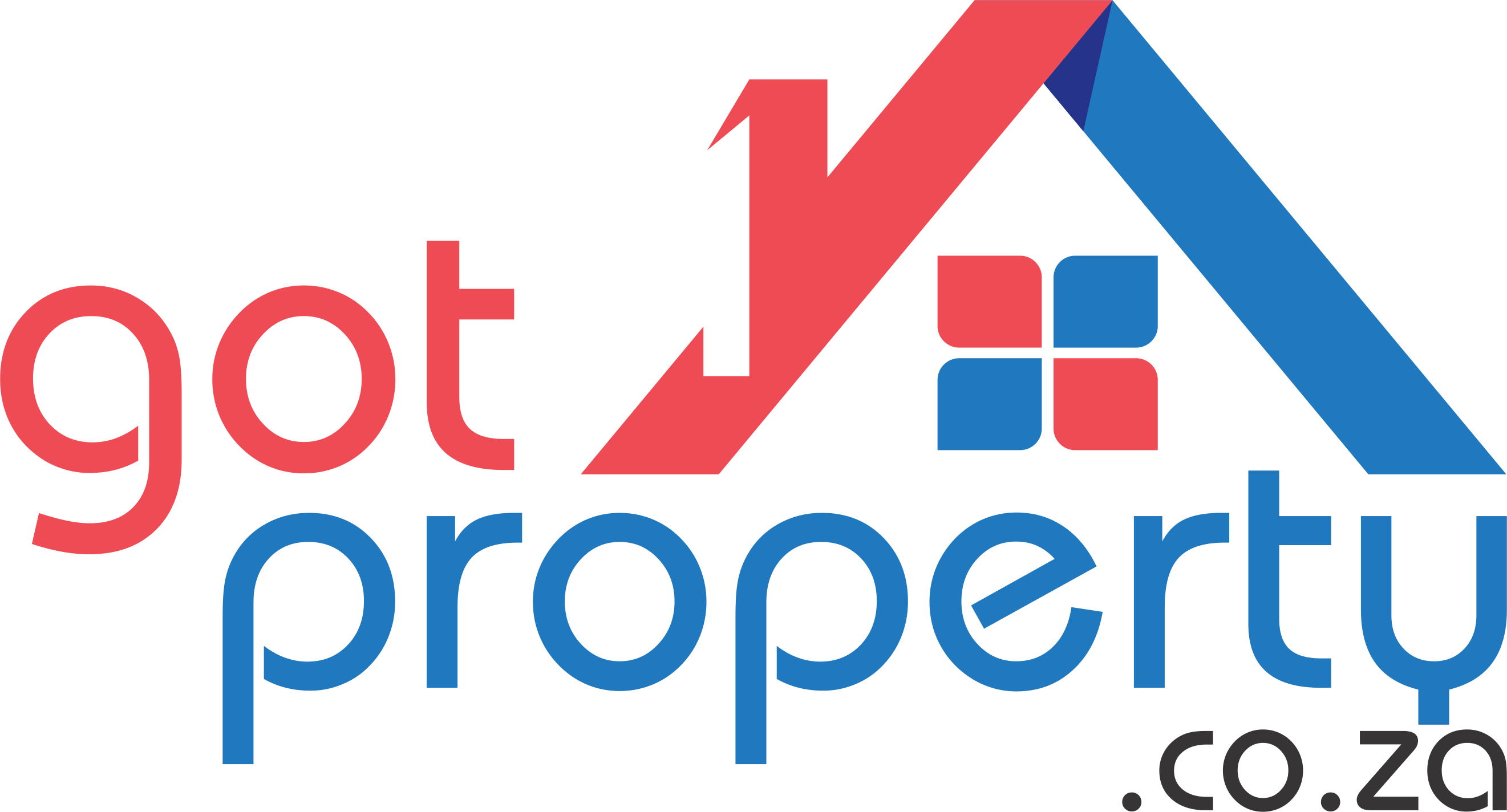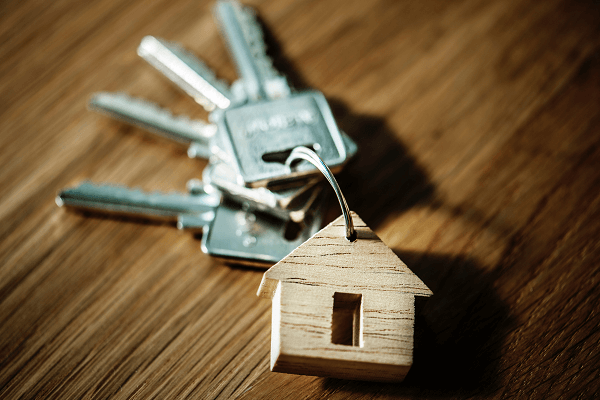Know your tenant rights before renting or leasing
Understanding tenant rights in South Africa is crucial if you’re renting or leasing a property. Staying informed is key to avoiding hassles later on. From writing a lease agreement to understanding who is responsible for maintenance, there is a range of legal aspects to consider. Looking for a home to rent? Find a diverse range of affordable houses on GotProperty.
Writing a lease agreement

Make sure that you get a written lease agreement. The agreement should clearly state the terms and conditions of renting the property. Other details should include the rights and responsibilities of both parties.
According to South African law, a landlord has to provide a written lease if the tenant asks for one. Both the tenant and the landlord need to sign the agreement and it’s advisable to read it thoroughly before you take this step. Information in the lease should cover:
- Rent amount
- Extra costs
- Payment dates
- Method of payment
- Length of lease
Calculating the deposit
A deposit is typically required when renting a property. The deposit is usually the equivalent of one to two months’ rent. This amount is paid upfront and it covers any expenses that are incurred if the tenant damages the property. If there is no damage, the landlord must refund the deposit with interest when the tenant moves out.
If there are any outstanding utilities or lost keys, these expenses can also be deducted from the deposit. This money cannot be used to make upgrades after the tenant has left. The tenant cannot use this money to cover the rent, even if it is for their last month on the property.

Conducting inspections
Both the tenant and landlord need to inspect the property before the tenant moves in. This is an opportunity to record what condition the property is in so that the tenant can be held accountable for any damage that they caused during their stay.
Use a checklist and photos to document any flaws that are discovered during the incoming inspection. The tenant is expected to leave the property in the same condition as when they moved in. When the tenant leaves, an outgoing inspection is conducted by both parties.
Paying rent
The basic rental costs cover the fee you need to pay to stay on the property. However, there are usually additional expenses associated with rental properties. These may include electricity, water, and internet. Tenant rights include getting a receipt for the payments that they make.
If a fixed-term lease is signed, the landlord cannot increase rental payments during the stipulated period. The tenant is required to pay the full rental amount on the due date that is stipulated in the rental agreement.
Maintenance and repairs
Understand who is responsible for the various maintenance and repair tasks around the property. It’s the landlord’s obligation to keep the property safe and livable. If repairs are required, they need to be carried out within two weeks unless alternative arrangements are agreed upon by both parties. While the landlord is responsible for general wear and tear, the tenant is responsible for deliberate or negligent damage.

Landlords can expect to repair and maintain:
- Structural fixtures
- Roofs
- Geysers
- Plumbing
- Electrical issues
Tenants can expect to be responsible for:
- Replacing light bulbs
- Garden maintenance
- Broken windows
Now that you have a better understanding of tenant rights, you can ensure that you have everything in place before renting or leasing property. List your house on GotProperty and connect with tenants across South Africa.





Very good
Thank you, Selvan.